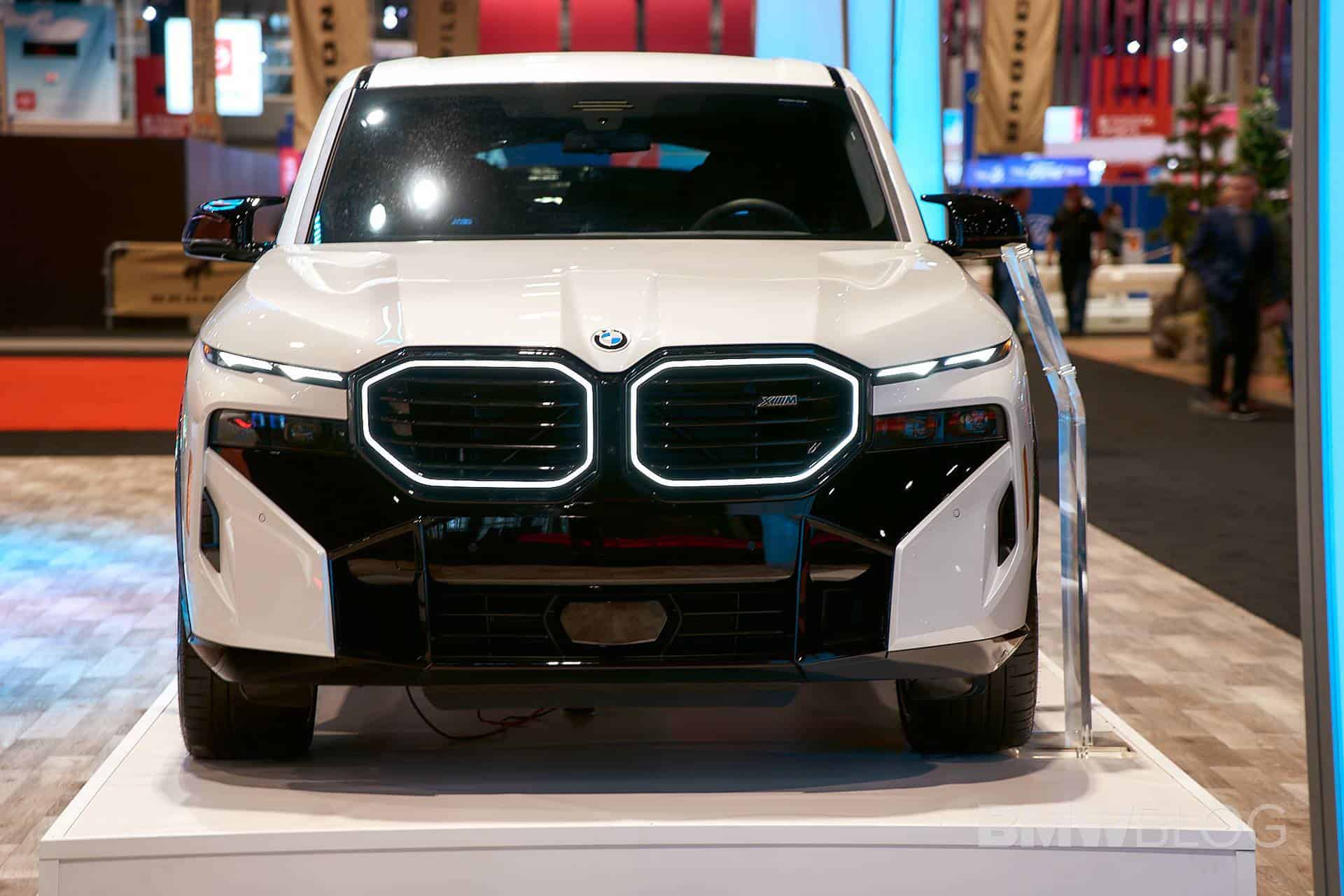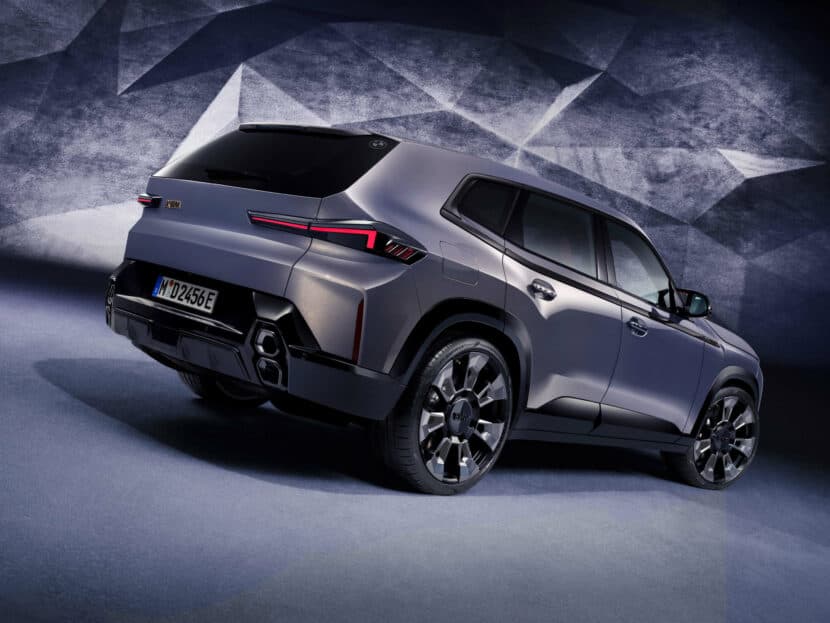
Plug-in hybrids tend to use the combustion engine to juice up the battery in a similar fashion as conventional hybrids but that’s not the case with the XM. The super SUV serving as BMW’s first dedicated M car since the days of the M1 can charge its lithium-ion pack if you plug it in. Mounted in the underbody, the battery with its 25.7 kWh usable energy cannot be replenished using the V8 underneath the hood.
The discloser was made by a BMW spokesperson in an interview with CarBuzz. As to why the XM lacks this feature, it all comes down to efficiency as using the twin-turbo 4.4-liter gasoline engine to recharge the battery “would simply kill the fuel economy.” While on other PHEVs the combustion engine can at least hold the current state of charge or even increase the SOC, “running the engine to charge the battery is inefficient” in the case of the XM.
Plugging in the XM is not the only way to recharge the battery since the energy that would otherwise be lost during braking can be channeled into the battery. Of course, a vehicle that has a curb weight of over 6,000 pounds or more than 2,700 kilograms wasn’t built with efficiency as a top priority. Nevertheless, BMW estimates it’ll do 30 miles (48 kilometers) solely on battery juice based on the EPA cycle.
We are expecting the XM Label Red to be even more of a gas-guzzler considering the combined output will grow from 644 hp and 590 lb-ft (800 Nm) to nearly 750 hp and 737 lb-ft (almost 1,000 Nm). The newly developed S68 engine is already found in other cars, namely the 760i as well as the M60i and M versions of the facelifted X5 and X6.
In addition, the X7 M60i uses the new V8. Later this decade, it’ll also power the next-generation M5 coming in both Sedan and Touring flavors with a plug-in hybrid setup adapted from the XM with a little over 700 hp.
Source: CarBuzz

